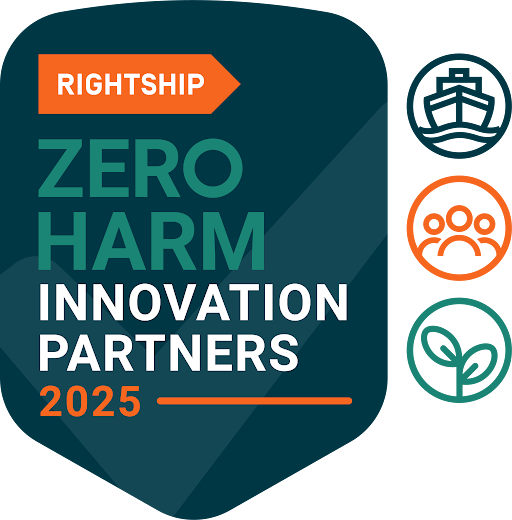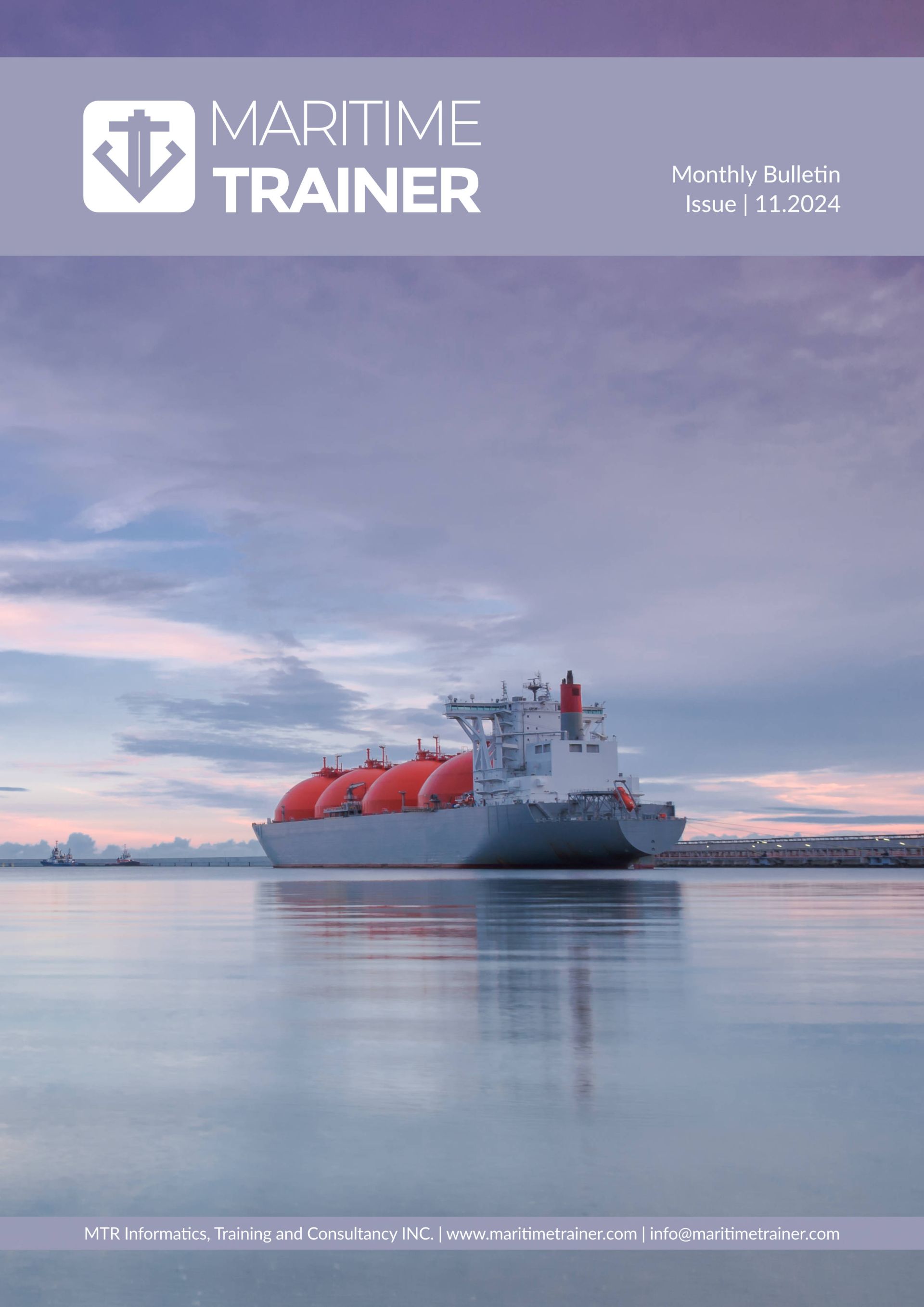November 2024 Maritime Insights: Driving Sustainability, Safety, and Technological Innovation
The maritime industry is navigating a period of transformation, addressing pressing challenges while embracing opportunities to innovate and enhance operations. This month’s Maritime Trainer bulletin highlights the advancements, challenges, and initiatives shaping the industry’s future. From pioneering sustainable ship recycling practices in Asia to leveraging AI for environmental management, let’s dive into the latest developments.
Advancing Sustainable Ship Recycling in Asia
With over 85% of the world’s ship recycling capacity concentrated in Asia, the region plays a critical role in sustainable maritime practices. The Hong Kong International Convention (HKC), set to take effect in June 2025, aims to ensure safe and environmentally sound ship recycling.
At a recent workshop in Manila, government officials from Bangladesh, India, Pakistan, China, and the Philippines received training on HKC compliance. Through interactive sessions and site visits, participants explored best practices and discussed challenges, focusing on minimizing risks to human health and the environment. This initiative underscores the importance of collaboration in implementing global standards and improving recycling facilities.
Marine Geoengineering: A Precautionary Framework
Marine geoengineering has emerged as a potential solution for mitigating climate change, but its techniques—such as ocean alkalinity enhancement and marine cloud brightening—pose risks to marine ecosystems. During the London Convention and Protocol meeting, experts prioritized four geoengineering methods for further legal and technical analysis.
The maritime community is adopting a precautionary approach, focusing on refining definitions and fostering collaboration with international entities. This ensures innovative techniques are developed responsibly, prioritizing ocean health and environmental sustainability.
AI Innovations for Reducing Port Emissions
The EIFFEL project, spearheaded by Prodevelop, showcases the power of artificial intelligence in addressing port-related pollution. This AI-powered application provides 72-hour predictions on pollutants such as NO2 and PM10 by integrating historical data and real-time environmental metrics.
This tool allows port authorities to take proactive measures to reduce emissions and protect surrounding urban areas. Though the project has concluded, its methodologies and findings continue to drive sustainable practices in ports globally, offering a blueprint for leveraging technology in environmental management.
Combatting Shadow Fleets with Stricter Regulations
Shadow fleets, operating outside international norms, pose significant risks to maritime safety, labor standards, and environmental compliance. The European Transport Workers’ Federation (ETF) urges regulatory bodies to implement stringent controls and enhance transparency in shipping operations.
Shadow fleets threaten global maritime safety through practices such as shifting registries and bypassing regulations. Enhanced port state inspections, robust flag state accountability, and protections for seafarers are critical measures proposed to address this growing challenge. Collaboration across the maritime sector is essential to mitigate these risks.
New Rights for Filipino Seafarers: The Magna Carta
The Philippines recently passed the Magna Carta of Filipino Seafarers, a landmark law protecting the rights and welfare of one of the world’s largest seafaring communities. This legislation guarantees fair working conditions, the right to organize, and safeguards against discrimination, addressing long-standing issues within the industry.
By enacting the Magna Carta, the Philippines demonstrates its commitment to supporting seafarers’ well-being and career prospects. This development not only reinforces the country's dedication to the maritime workforce but also sets an example for other nations to prioritize fair treatment and support for their seafarers.
Critical SOLAS Amendments Coming in 2026
Amendments to SOLAS Chapters II-2 and V, effective January 2026, mark significant advancements in maritime safety. These updates include enhanced fire safety for ro-ro passenger ships, stricter protocols for fire detection systems, and new procedures for tracking containers lost at sea.
Shipowners, operators, and classification societies must prepare for these changes to ensure compliance. By addressing modern safety challenges, these amendments highlight the maritime industry’s commitment to evolving safety standards and operational excellence.
Conclusion: A Vision for the Future
The November 2024 bulletin emphasizes the maritime industry’s resilience and dedication to progress. Each initiative, from sustainable ship recycling to advanced safety protocols, reflects a shared commitment to safeguarding our oceans, communities, and workforce. As we embrace technological innovations like AI and navigate global challenges, collaboration remains the cornerstone of the industry’s evolution.
For more information and to stay updated with the latest developments, connect with us on Facebook, Instagram, and YouTube. For inquiries, please contact us at sales@maritimetrainer.com.
Share This Bulletin Now!

Approved & Certified by Bureau Veritas

We are proud to be member of



